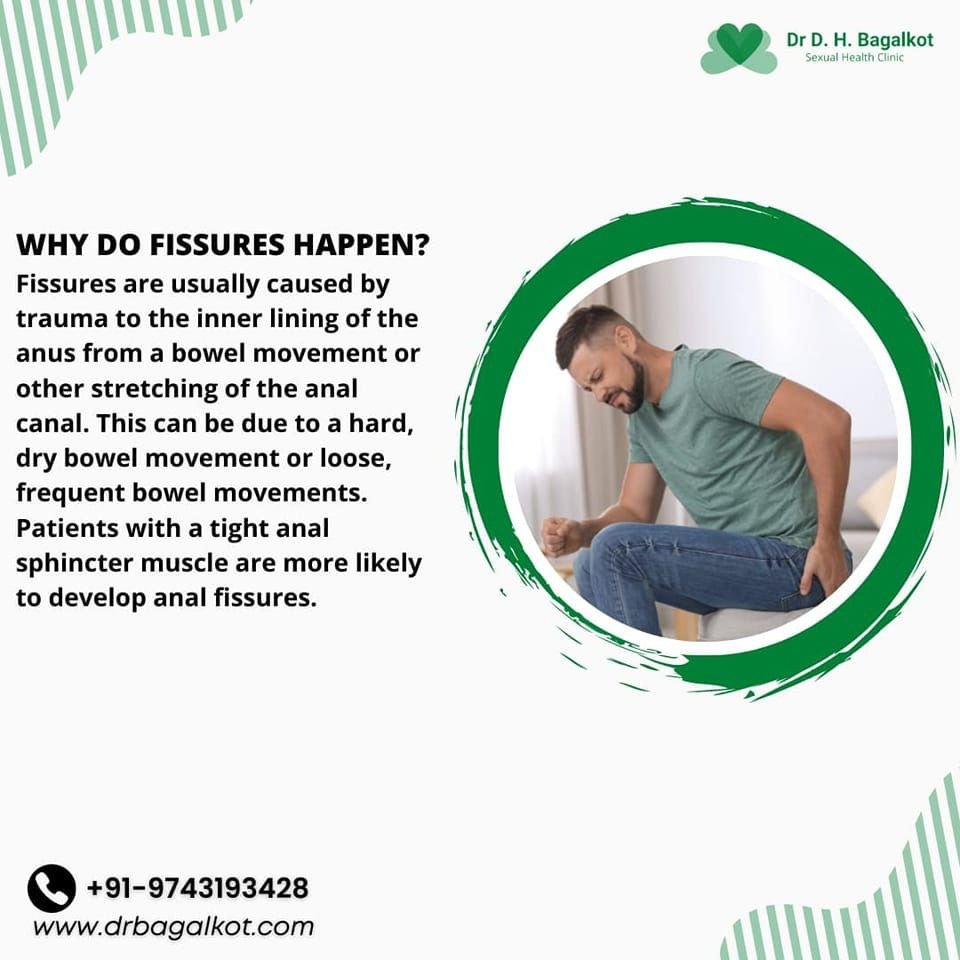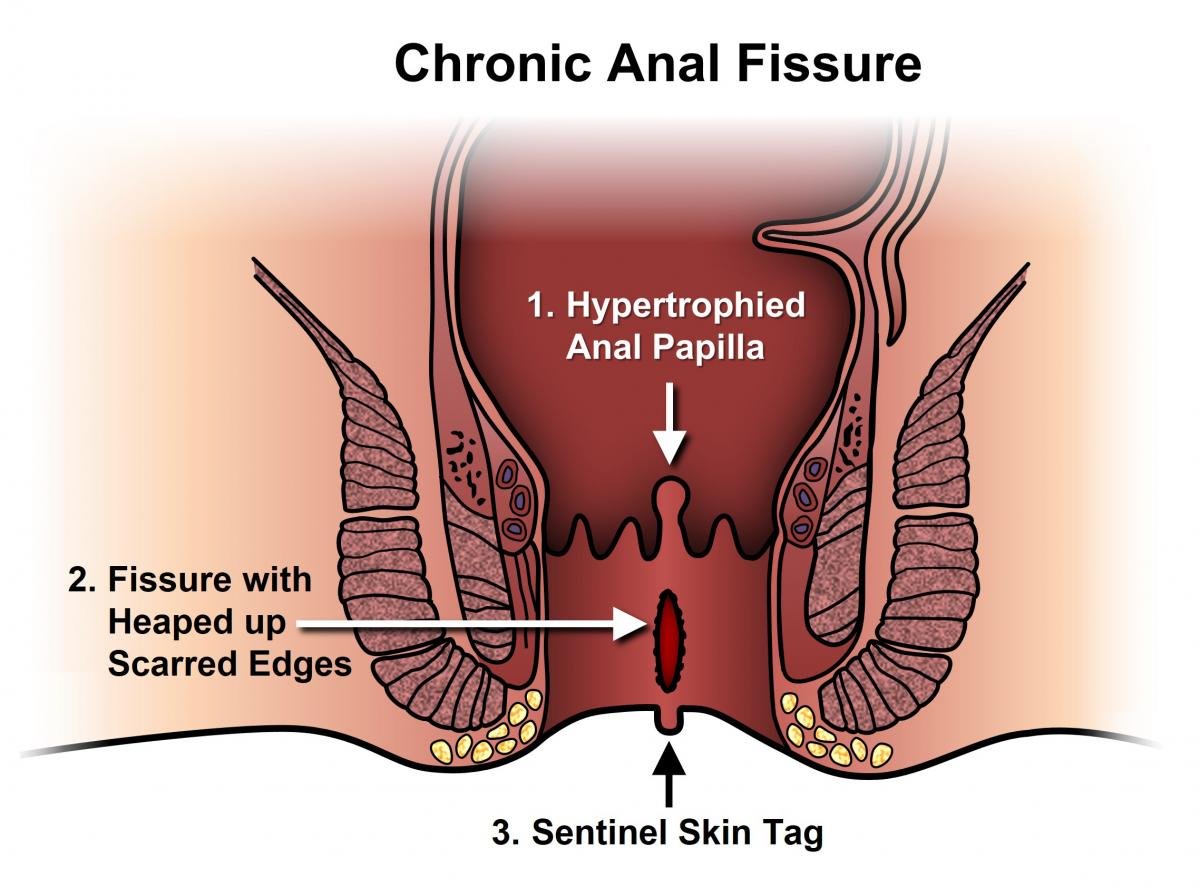Fisheries

It appears that there might be a misunderstanding or a typographical error in your request. “Piles” typically refers to a medical condition also known as hemorrhoids, which are swollen and inflamed blood vessels in the rectum and anus. On the other hand, “fisheries” pertain to the management, cultivation, and harvesting of fish or aquatic organisms from natural water bodies or aquaculture facilities.
If you have a specific question or topic related to either “piles” (hemorrhoids) or “fisheries,” please provide more details or clarify your request so that I can offer a more accurate and relevant response.
An anal fissure is a small tear in the lining of the anus, which can be quite painful. Fissures often result from passing hard or large stools, and they can cause discomfort, bleeding, and itching. Treatment for an anal fissure may involve both self-care measures and medical intervention. Here are some steps you can take to manage and treat an anal fissure:

- Diet and Hydration: Ensure you have a high-fiber diet to soften your stools. This will make them easier to pass and less likely to further irritate the fissure. Drink plenty of water to stay well-hydrated.
- Topical Creams or Ointments: Over-the-counter topical creams containing ingredients like hydrocortisone or lidocaine can help relieve pain and reduce inflammation. Apply them as directed on the packaging.
- Warm Sitz Baths: Soaking your anal area in warm water (sitz bath) for 10-15 minutes a few times a day can help soothe the area and promote healing.
- Stool Softeners or Laxatives: If you are having trouble passing soft stools, your doctor may recommend stool softeners or laxatives to make bowel movements less painful.
- Prescription Medications: In some cases, your doctor may prescribe medications to help relax the sphincter muscles and promote healing. These may include topical nitrates or calcium channel blockers.
- Botox Injections: In cases where other treatments have not been successful, your doctor may consider injecting Botox into the anal sphincter to relax it.
- Surgery: Surgery is typically considered a last resort if other treatments fail. The surgical procedure is called a lateral internal sphincterotomy, and it involves cutting a small part of the anal sphincter muscle to reduce spasms and promote healing.
It’s important to consult a healthcare professional if you suspect you have an anal fissure or if your symptoms do not improve with self-care measures. They can provide an accurate diagnosis and recommend the most appropriate treatment for your specific situation. Additionally, practicing good anal hygiene and avoiding constipation can help prevent the recurrence of anal fissures.
